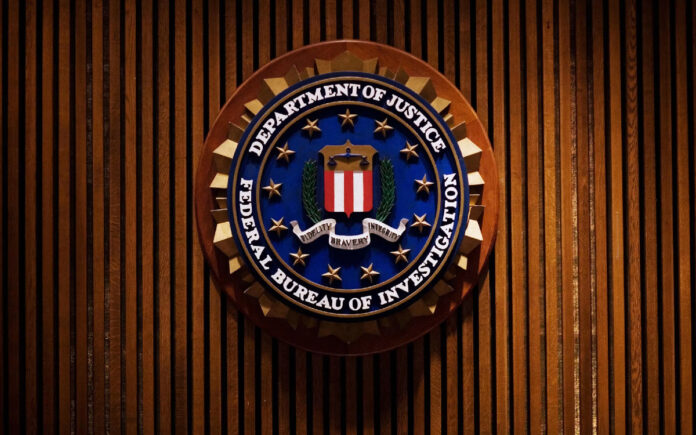Washington: The FBI has been directed to focus more on immigration enforcement and scale back investigations into white-collar crimes, according to four sources familiar with the matter, as reported by Reuters. This shift comes as the U.S. Justice Department issued updated guidance on the types of white-collar cases that will now receive priority attention.
In a series of recent meetings, FBI agents were instructed by field offices to allocate approximately one-third of their time toward assisting the Trump administration’s crackdown on illegal immigration. White-collar crime investigations, conversely, will be deprioritized until at least the end of 2025, according to sources who requested anonymity to discuss the matter confidentially.
At this point, it is unclear how many FBI field offices have received these instructions or if the directive will apply nationwide. The FBI has yet to comment on the issue.
The shift in priorities comes on the heels of a new directive issued by Matthew Galeotti, head of the Justice Department’s Criminal Division, who outlined revised guidelines for prosecutors. These new instructions reduce the scope of white-collar cases that the department has traditionally pursued and emphasize minimizing the length and collateral impact of such investigations.
Historically, immigration enforcement was not the primary responsibility of the Justice Department’s law enforcement agencies. However, as President Donald Trump escalated immigration crackdowns, federal agencies have been redirected to address immigration issues, diverting resources away from other crime-fighting initiatives. This move is part of broader efforts under Trump and Attorney General Pam Bondi, which include scaling back investigations into certain white-collar crimes, including public corruption, foreign bribery, and foreign influence operations.
Also Read | Syrian President Sharaa Withdraws from Baghdad Summit Amid Controversy
The Justice Department has also been reviewing corporate monitorships, which companies were required to implement as part of settlements in criminal cases. Some monitorships have been ended early, while others remain in effect.
On Monday, Galeotti’s memo clarified the categories of white-collar cases that will continue to be prioritized. These include health care fraud, trade and customs fraud, elder securities fraud, complex money laundering (including targeting “Chinese Money Laundering Organizations”), and cases involving financial intermediaries who facilitate terrorism, transnational criminal organizations, and cartels.
Also Read | Modi Invites Putin to India, Russian President Accepts in Symbol of Deepening Ties
The memo further outlined that the department would expand its whistleblower reward program to encourage tips on cases involving cartels, transnational criminal organizations, violations of federal immigration law, corporate sanctions offenses, procurement fraud, trade-related violations, and providing material support to terrorists.
Prosecutors were also advised to carefully assess whether corporate misconduct truly warrants federal criminal prosecution. For less serious corporate infractions, the memo suggests that civil and administrative remedies, as well as individual prosecutions, may be more appropriate. Additionally, independent corporate monitors should only be required when a company cannot adequately implement a compliance program without such oversight.



